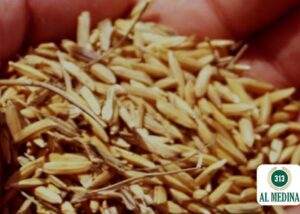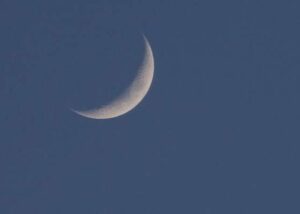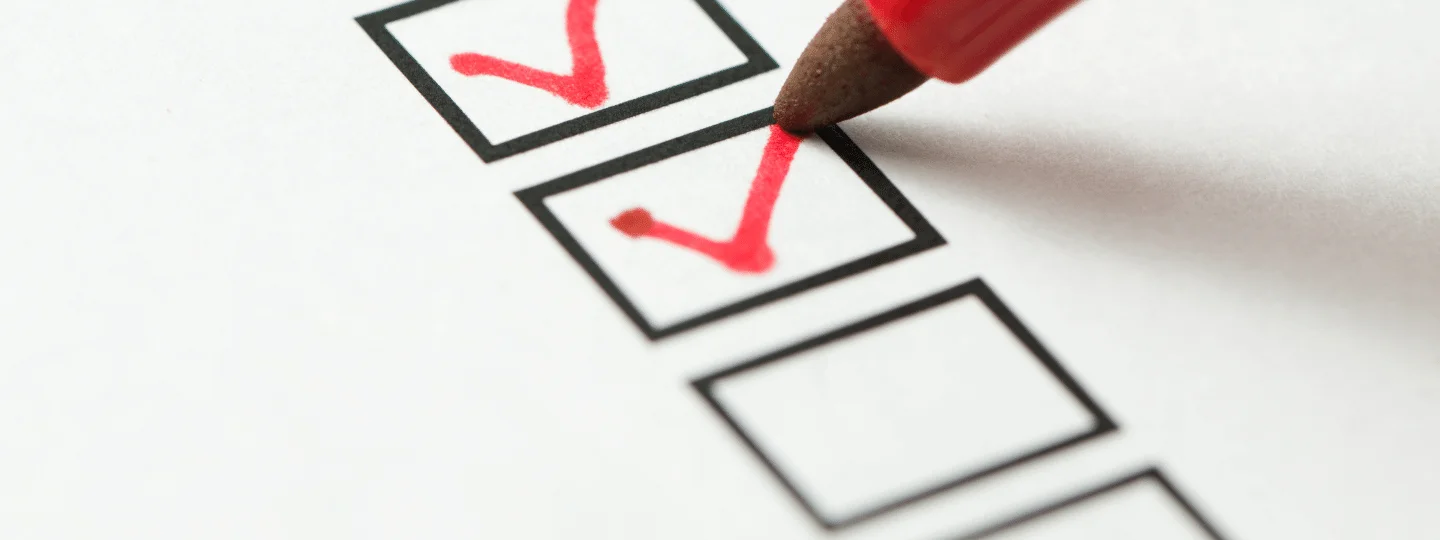How much is Fitrana (Zakat al-Fitr)? Why are different Masjids and Islamic institutions providing different figures for it?
Quran
Hadith
Islamic Text
بِسْمِ اللَّهِ الرَّحْمَنِ الرَّحِيمِ
In the Name of Allah Most Merciful Most Kind
Short Answer
Fitrana, which is known as Zakat al-Fitr or Sadaqatul Fitr in Arabic, can vary in value. I believe five pounds is a good amount to pay in 2023. However, there is flexibility regarding this figure. If institutions have a slightly higher or lower amount, then it is fine. The flexibility regarding Fitrana was provided by the blessed Prophet ﷺ himself.
Hadith
عَنِ ابْنِ عُمَرَ رَضِيَ اللَّهُ عَنْهُمَا: أَنَّ رَسُولَ اللَّهِ صَلَّى اللهُ عَلَيْهِ وَسَلَّمَ فَرَضَ زَكَاةَ الفِطْرِ صَاعًا مِنْ تَمْرٍ، أَوْ صَاعًا مِنْ شَعِيرٍ عَلَى كُلِّ حُرٍّ، أَوْ عَبْدٍ ذَكَرٍ أَوْ أُنْثَى مِنَ المُسْلِمِينَ
(Sayidina) Ibn Umar (May Allah Most High be pleased with him) narrated that the Messenger of Allah ﷺ obligated Zakat al-Fitr as one Saa’ of dates or barley upon every Muslim, free person or slave, male or female. (Sahih al-Bukhari 1504).
Explanation
As we see in the authentic Hadith above, the Holy Prophet ﷺ did provide different options for Fitrana (Zakat al-Fitr). Dates and barley were both mentioned as possibilities. Further, in other Hadith narrations we find raisins and wheat mentioned too. This undoubtedly allows for variance when working out a monetary figure for Fitrana (Zakat al-Fitr).
Room for variance is also found in the particular measure mentioned in the Hadith literature. A Saa’ was a measure of volume prevalent in the time of the blessed Prophet ﷺ. This is no longer prevalent. Therefore, identifying it can be difficult, and this is why contemporary scholars differ regarding it.
Adding to the difficulty is the fact that the commodities mentioned in Hadith literature are now sold buy weight and not volume. Therefore, one will have to attempt to convert a volume into weight. There are inherent difficulties in carrying out such a task. This will once again lead to variance.
When all of this is considered, one can appreciate that there is significant room for disparity. Therefore, Islamic institutions providing different figures for Fitrana (Zakat al-Fitr) should come as no surprise. So long as they have followed the rulings expounded upon in the books of Fiqh.
Classical Scholars
قِيمَةَ الْحِنْطَةِ أَوْ الشَّعِيرِ أَوْ التَّمْرِ يُؤَدِّي قِيمَةَ أَيِّ الثَّلَاثِ شَاءَ عِنْدَهُمَا وَقَالَ مُحَمَّدٌ يُؤَدِّي قِيمَةَ الْحِنْطَةِ. (رد المحتار على الدر المختار)
The value of wheat, barley, or dates. He can pay the price of any one of the three according to the two (Imam Abu Hanifah and Imam Abu Yusuf). (Imam) Muhammad said he pays the value of wheat. (Imam Ibn Abideen, Radd al-Muhtaar).
وَهِيَ نِصْفُ صَاعٍ مِنْ بُرٍّ أَوْ دَقِيقِهِ، أَوْ صَاعٌ مِنْ شَعِيرٍ أَوْ دَقِيقِهِ أَوْ تَمْرٍ أَوْ زَبِيبٍ، أَوْ قِيمَةُ ذَلِكَ
قَالَ: (أَوْ قِيمَةُ ذَلِكَ) وَقَدْ مَرَّ فِي الزَّكَاةِ. قَالَ أَبُو يُوسُفَ: الدَّقِيقُ أَحَبُّ إِلَيَّ مِنَ الْحِنْطَةِ، وَالدَّرَاهِمُ أَحَبُّ إِلَيَّ مِنَ الدَّقِيقِ لِأَنَّهُ أَيْسَرُ عَلَى الْغَنِيِّ وَأَنْفَعُ لِلْفَقِيرِ، وَالْأَحْوَطُ الْحِنْطَةُ لِيَخْرُجَ عَنِ الْخِلَافِ ; وَلَا يَجُوزُ الْخُبْزُ وَالْأَقِطُ إِلَّا بِاعْتِبَارِ الْقِيمَةِ لِعَدَمِ وُرُودِ النَّصِّ بِهِمَا. (الاختيار لتعليل المختار)
It is half a Saa’ of wheat or its flour, a Saa’ of barley or its flour, or dates or raisins or their value.
He said: Or their value. Indeed, it was discussed in (the chapter of) Zakah. (Imam) Abu Yusuf said, flour is preferable to me than wheat. Silver coins are preferable over flour. This is because it is easier for the wealthy and more beneficial for the poor. Although wheat is most cautious, in order to avoid the difference of opinion. However, bread and al-Aqit are not permitted except by value since they have not been explicitly narrated. (Imam Abu al-Fadl al-Mowsili, al-Ikhtiyaar).
وَالْمَنْصُوصُ هُوَ الْبُرُّ وَالشَّعِيرُ وَدَقِيقُهُمَا وَسَوِيقُهُمَا وَالتَّمْرُ وَالزَّبِيبُ، بِخِلَافِ نَحْوِ الذُّرَةِ وَالْمَاشِّ وَالْعَدَسِ فَلَا يَجُوزُ إلَّا بِاعْتِبَارِ الْقِيمَةِ. (رد المحتار على الدر المختار)
Wheat and barley together with their flour and Saweeq (fried then ground) are explicitly narrated. Also dates and raisins (are narrated). As opposed to corn, beans and lentils. So, they are not permitted unless you consider the value. (Imam Ibn Abideen, Radd al-Muhtaar).
In the Nusoos (texts) above, we see the flexibility expressed in the Hadith narrations expounded upon. One can either pay Fitrana (Zakat al-Fitr) by providing any of the mentioned commodities to the poor or pay their value. When calculating the value, one is not restricted to one of them. Rather, any of the four commodities can be used.
This flexibility in calculation is not restricted to Fitrana (Zakat al-Fitr) alone. Rather, we find that such flexibility is relevant to other chapters of Fiqh (jurisprudence) too. The Nass below addresses the issue of Kafarah and provides various options.
يُطْعِمُ كُلَّ مِسْكِينٍ نِصْفَ صَاعِ بُرٍّ أَوْ صَاعِ تَمْرٍ أَوْ شَعِيرٍ أَوْ قِيمَتَهُ
وَلَوْ أَدَّى ثَلَاثَةَ أَمْنَاءٍ مِنْ الذُّرَةِ يَبْلُغُ قِيمَتُهَا مَنَوَيْنِ مِنْ الْحِنْطَةِ جَازَ. (الفتاوى الهندية)
He feeds every poor person half a Saa’ of wheat, or a Saa’ of dates or barley or its value.
If he pays three Mann of corn, such that its value is equal to two Mann of wheat then it is permitted. (Fataawa Hindiyah).
And Allah Most High Knows Best.
–Answered by Shaykh Noorud-deen Rashid (20.04.23)






